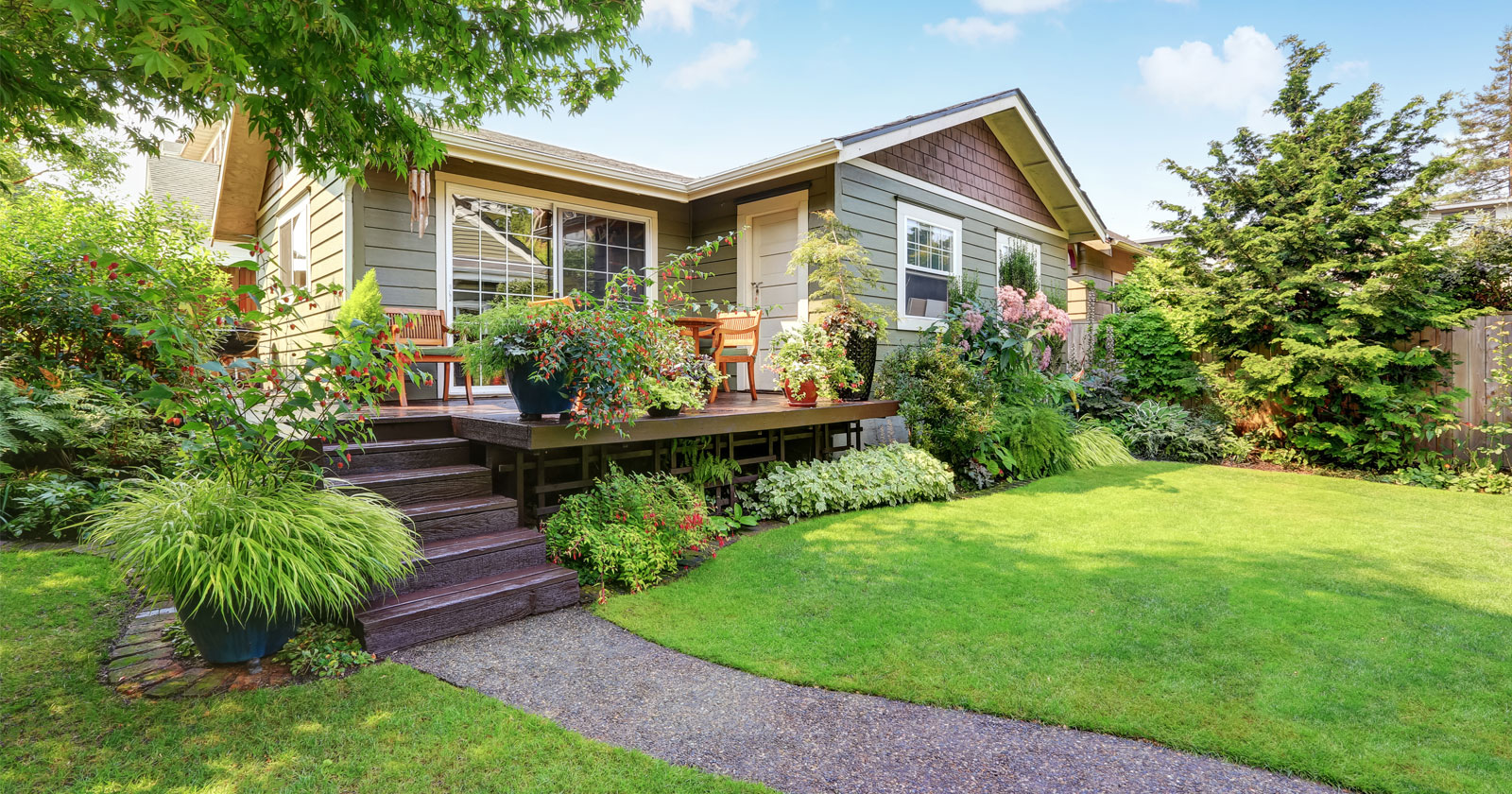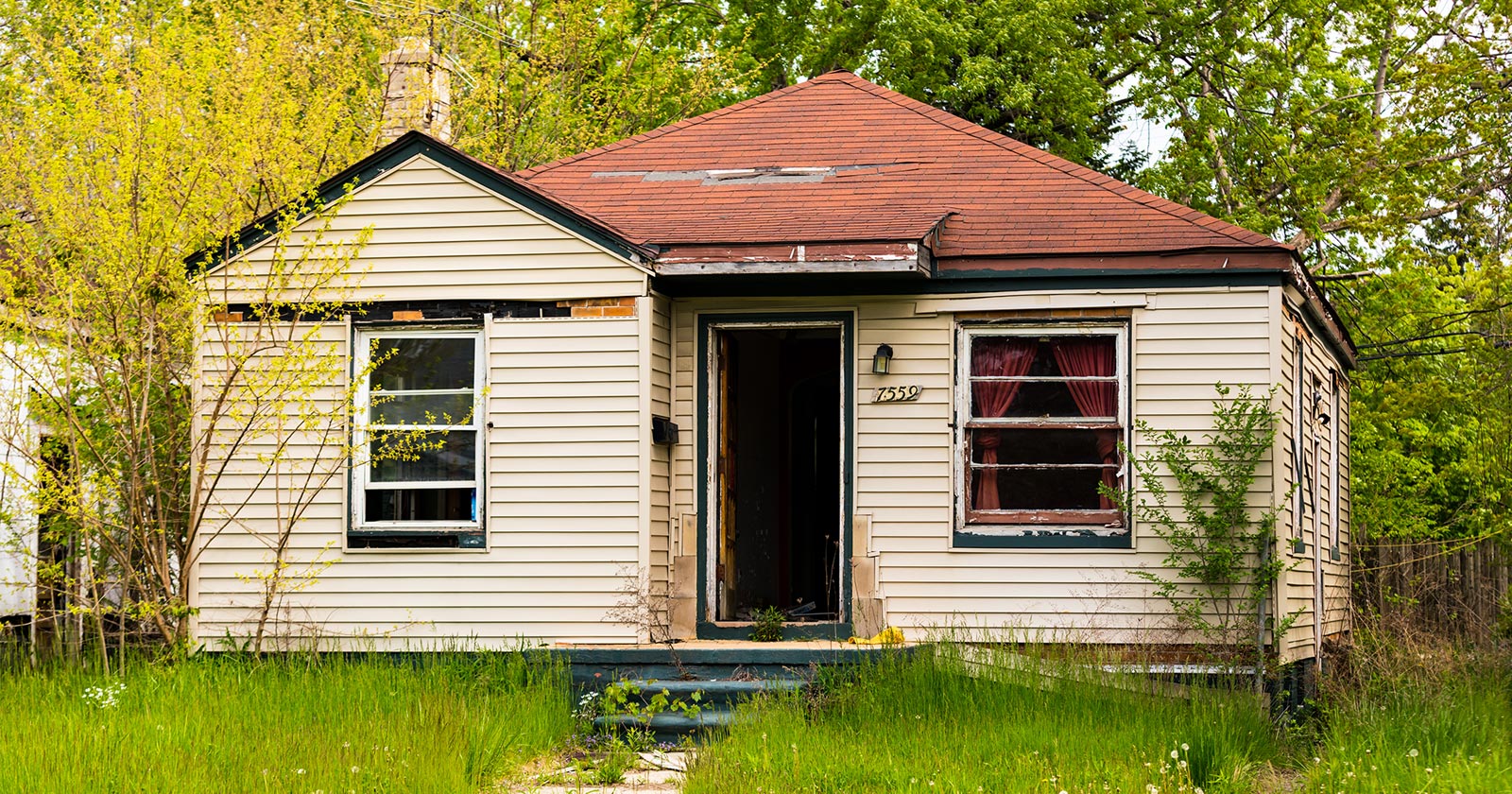With affordability being one of the most significant factors for buyers, accessory dwelling units (ADUs) have made a splash in the housing market. ADUs, also known as mother-in-law units, granny flats, or backyard cottages, are secondary housing units, either attached or detached from the primary residence within a property. ADU housing concepts have been around for some time and have been utilized for various purposes, including housing family members, home offices, or, for investors, generating additional rental income.
What is an ADU?
Before jumping into the legal landscape and what states allow ADUs, it’s important to understand what qualifies as an ADU. As a stand-alone additional living quarter within the same lot as an existing single-family home, an ADU space requires permanent living, sleeping, eating, cooking, and sanitation facilities within a separate, contained living space.
These self-sufficient tenant dwellings within a residential property come in a variety of forms, including:
- Detached structures
- Converted garages
- Basement apartments
- Tiny homes
While ADU housing gives homeowners the chance to take in family members, for investors, ADU concepts create opportunities for:
- Increased rental income
- Expanded and full property use
- Increased property value
- Tenant diversity
- Enhanced living flexibility
For long-term residential real estate investors, the question isn’t whether you should add an ADU to your investment property, but rather, can you?
Legal Considerations for ADU Plans
ADU regulations are complex and vary significantly depending on your state and local laws. While navigating the evolving regulatory challenges within residential real estate is already burdensome, understanding ADU laws by state and cities is critical to reap the countless benefits of ADUs:
ADU Laws By State
While there are no specific regulations or bodies governing ADUs at the federal level, states play a significant role in shaping the do’s, don’ts, and can’t of ADU housing. As you’ll find, some states are permissive and even encouraging of ADU constructions, others are more strict or have even outright banned ADU additions.
The criteria states often regulate for ADU housing include:
- Location: While some of the more friendly states permit accessory dwelling units in all residential areas, many restrict ADUs to specific zones and neighborhoods.
- Design: Rules regarding the maximum size, design, and architectural compatibility with the primary dwelling are commonplace within state regulations.
- Permitting: The process and costs of obtaining an ADU permit can vary significantly from state to state–with the more difficult states creating longer application and approval process times.
Local ADU Regulations
Cities that allow ADUs typically come with their own zoning codes, building codes, and land use policy regulations. Similar to state regulations, local rules and requirements vary widely, and the success of an investment property hinges on investors’ ability to understand these regulations before jumping head-first into an ADU project.
What States Allow ADUs
What states allow accessory dwelling units? Below, we’ve provided a list of each state that allows ADUs:
- California
- Oregon
- Washington
- Massachusetts
- Florida
- Colorado
- Arizona
- Texas
- North Carolina
- New York
3 Most ADU-Friendly States
While the list of what states allow ADUs is longer, certain states make adding and managing an ADU substantially easier for investors.
Let’s look at the top 3 ADU-friendly states in the U.S. today:
1. California
California is hands down the most friendly and encouraging state toward ADUs. Many state and local laws make it easier for homeowners and investors to build extra living spaces on their existing property.
Some of the more beneficial state ADU rules include:
- Size: Attached ADU additions can be up to 50% of the primary residence, while detached ADU units are allowed up to 1,200 square feet in size.
- Parking requirements: While parking complaints have deterred certain states from embracing ADUs, California has recently relaxed parking regulations and requirements for ADU dwellings.
- Approval Processes: In recent years, California has worked to reduce the red tape and wait times for ADU construction permitting, generating one of the quickest approval processes in the country.
With current housing demands and a lack of inventory, California has even gone as far as to incentivize accessory dwelling units with ADU development grant programs.
2. Colorado
After passing a progressive ADU law in mid-2024, set to take effect by June 30th 2025, Colorado’s metropolitan areas will become some of the ADU-friendliest. While regulations will vary by subject municipality, very soon, investors in Colorado cities may benefit from:
- Local ADU rules to supersede HOA restrictions, regardless of any legacy CCRs put in place
- Property owners are not required to live on the premises (non-owner occupied).
- Attached ADUs up to at least 750 square feet, with the potential for higher limits, so long as the ADU is no larger than the principal residence
3. Maine
After passing its first ADU law in 2022, Maine has become one of the most ADU-friendly states, encouraging single-family ADU additions for homeowners and investors looking to bridge the housing shortage gap.
Two of the more advantageous ADU regulations include:
- The ability to build more than one or multi-family ADU additions onto single-family homes.
- The prevention of local governments (within cities that allow ADUs) from forcing property owners to create extra parking spots for added ADU housing.
As ADUs continue to gain popularity as an affordable housing solution, many states are actively considering changes to ADU regulations and bans. It’s important to keep up with evolving regulatory requirements regarding ADUs, as state and local leaders continue to look for ways to address housing shortages and create affordability.
How Much Does it Cost to Add an ADU?
Now that you know what states allow ADUs and some of the varying regulations surrounding them, you’re probably wondering how much an ADU addition will cost. Like their regulations, ADU plans and costs can vary significantly. Average estimates range from $60,000 to $285,000. With building costs between $150 to $300 per square foot of an ADU addition, it’s important to ensure you have the right plan and adequate financing to succeed.
FACo’s team of residential real estate experts can help you navigate the complexities of ADU housing regulations while providing the most reliable and comprehensive financing programs.
If you’re looking to add an ADU unit to a single-family property, speak to a member of our knowledgeable staff about financing options. CLICK HERE to schedule a FREE consultation with a FACo team member today.




